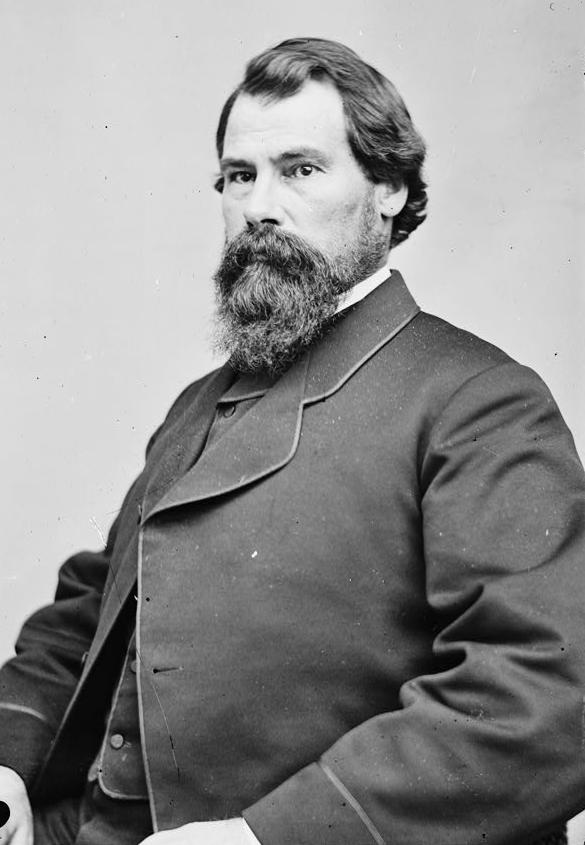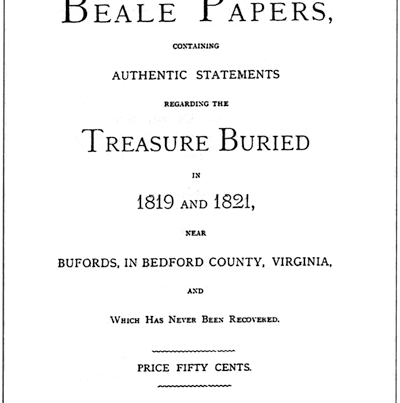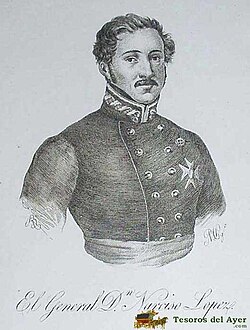Texas Senator John Regan was right when he argued in the chamber three months before the opening Civil War shots at Fort Sumter:
“Suppose the people of the South would today voluntarily surrender $3 billion in slave property and send their slaves at their expense to the free states, would you accept them as freemen and citizens of your States? You dare not answer me that you would. You would fight us with all your energy and power for twenty years…”
Truer words were never spoken, but only rarely by modern college historians or their media acolytes. They seldom disclose that blacks composed only 2% of the antebellum population among the “free” states where slavery was illegal and 94% of them could not vote. The month before President Lincoln announced his Emancipation Proclamation his home state of Illinois voted five-to-one against black suffrage even though blacks composed merely 0.4% of her population.
While Southern racism was sometimes undeniably violent during Reconstruction, would it have been any different at the North under similar circumstances? Would Northerners have acquiesced if their state governments had been seized by corrupted interlopers who manipulated a decisive voting block of illiterate immigrants with no experience in self-rule? Since, as noted, blacks represented only a two percent of the “free” state populations, history provides no direct comparison. Consider, however, California’s anti-Asian racism.
California’s whites often hated, mistreated, and marginalized her Chinese Americans. They accounted for two-thirds of the state’s lynch victims between 1849 and 1902. In fact, America’s biggest lynching took place in Los Angeles in 1871. The nineteen victims were Chinese Americans.
Although Chinese Americans never represented more than ten percent of California’s population, almost none were able to obtain the right to vote during the nineteenth century. In contrast, blacks composed 40% of the population in the former Confederate states where they gained suffrage less than three years after the war ended. Moreover, following Republican-controlled voter registrations, blacks composed a majority of voters in Louisiana, Mississippi, Florida, Alabama, and South Carolina, while Georgia was split fifty-fifty. Republicans got control of Tennessee, Arkansas, and North Carolina through a combination of black suffrage and ex-Confederate disfranchisement, typically through restricted allegiance oaths.
Even though Asian Americans would obviously never gain control of California, the state’s politicians prevailed upon the Federal Government to pass a string of anti-Asian laws. First, the 1870 Naturalization Act that permitted “African or African descent” immigrants to become naturalized citizens excluded Asians. Second, Congress passed the 1875 Page Act that basically blocked Chinese women from immigrating at a time when 95% of the Chinese in America were males. Chinese Americans could not become naturalized citizens until 1943 when a bill sponsored by a Southern Democrat became law.
A series of Federal Chinese Exclusion Acts designed to reduce the number of Asian residents followed the Page Act. The first, in 1882, stopped Chinese immigration for a decade. The 1892 Geary Act extended the exclusion for another decade. In 1904 the exclusion acts were made permanent. In 1925 even the Chinese wives of American citizens were denied entry into the United States. Consequently, as late as 1950 Asian Americans represented less than 2% of California’s population compared to 9% in 1880.
Finally, while the Fourteenth Amendment effectively brought black suffrage to the South in 1868 California did not ratify it until almost a century later because it would automatically bestow citizenship on the offspring of Chinese Americans born in the USA.
Meanwhile, at the state level, in 1905 California passed a miscegenation law, which prevented Chinese and white intermarriage. Notwithstanding the results of the Civil War, the state’s Supreme Court ruled in People v. Brady (40 Cal. 198 – 1870) that the Fourteenth Amendment did not apply to California because it was a “sovereign state.” California basically nullified, with impunity, a part of the U. S. Constitution that it did not like.
Imagine the violence that would have ensued in California if Chinese Americans were granted suffrage and white Californians were disfranchised to a point where most of the electorate was against them despite their greater population.
Note: The views expressed on abbevilleinstitute.org are not necessarily those of the Abbeville Institute.







As a California, I was fascinated to learn that California did not ratify the 14th Amendment until 1959. (I checked the exact year.) It’s not something California brags about on the Admission Day holiday. Of course, once an amendment is ratified by three-fourths of the states, it is a part of the Constitution and whether the remaining states ratify it is meaningless. But the hypocrisy is staggering. I believe it was a condition of the Confederate states being re-admitted that they had to ratify the 14th Amendment. What would the founders who wrote Article Five of the Constitution have thought of coercive ratifications?
I’ve never heard of Texas Senator John Reagan until now. I will propose this question to the goofballs that I may encounter on other social media outlets. “Suppose the people of the South would today voluntarily surrender $3 billion in slave property and send their slaves at their expense to the free states, would you accept them as freemen and citizens of your States?” Excellent work Phil Leigh!